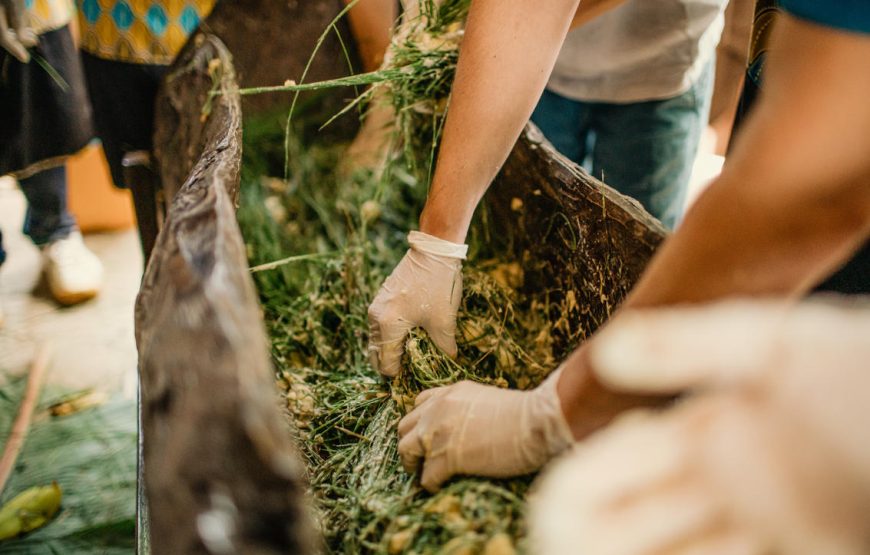Cultural exchange in Africa has been instrumental in preserving and celebrating the rich traditions and customs. With over 2,000 distinct ethnic groups and languages spoken across the continent, cultural exchange is a means by which these unique heritages are shared and cherished. Museums, festivals, and oral storytelling have all played roles in passing down traditions from one generation to the next, ensuring that Africa’s diverse cultural identities remain intact.
Cultural exchange acts as a bridge, fostering unity and understanding among different communities and nations. Through music, dance, and art, people from various backgrounds come together to share experiences, building a sense of shared identity that transcends political borders.
Cultural exchange in Africa has also become an essential driver of economic growth. The continent’s artistic expressions, including traditional crafts, music, and literature, have a global appeal. These cultural exports generate income and provide job opportunities for many Africans, while also enriching the global cultural landscape. The exchange of ideas and innovation in the cultural and creative industries has the potential to catalyse economic development, particularly for youth and marginalised communities, both within Africa and beyond.
Cultural exchange empowers Africans to gain a deeper understanding of their own heritage and that of others. In a world where globalisation is rapidly transforming societies, education about one’s culture and the cultures of others is essential for cultural preservation and the development of intercultural skills. It also has the power to challenge stereotypes and promote tolerance, ultimately contributing to peace and harmony within the continent and beyond.
Africa’s history is a complex blend of ancient civilisations, colonial legacies, and contemporary innovations. Cultural exchange bridges the past and the future, allowing for the interplay of tradition and modernity. By connecting young and old, and merging ancient customs with the latest technologies, Africa is defining a unique path forward that respects its roots while embracing the opportunities of the 21st century. This exchange also enriches the global cultural variety, offering fresh perspectives and artistic influences.
Cultural exchange plays a role in addressing contemporary challenges both in Africa and across the world. By sharing knowledge and ideas, societies can tackle issues such as climate change, public health, and economic inequality. Collaborative cultural projects can raise awareness and drive positive change within and beyond Africa’s borders.
Cultural exchange in Africa not only celebrates the continent’s rich heritage but also serves as a bridge to the rest of the world, enriching global culture and fostering understanding among nations. As Africa continues to evolve and thrive, the preservation of cultural heritage, fostering unity, promoting economic growth, encouraging education and empowerment, and addressing contemporary challenges all rely on the exchange of ideas, traditions, and experiences.
In an increasingly interconnected world, the significance of cultural exchange in Africa reaches far beyond its borders, shaping a brighter and more culturally diverse future for both Africa and the global community.

